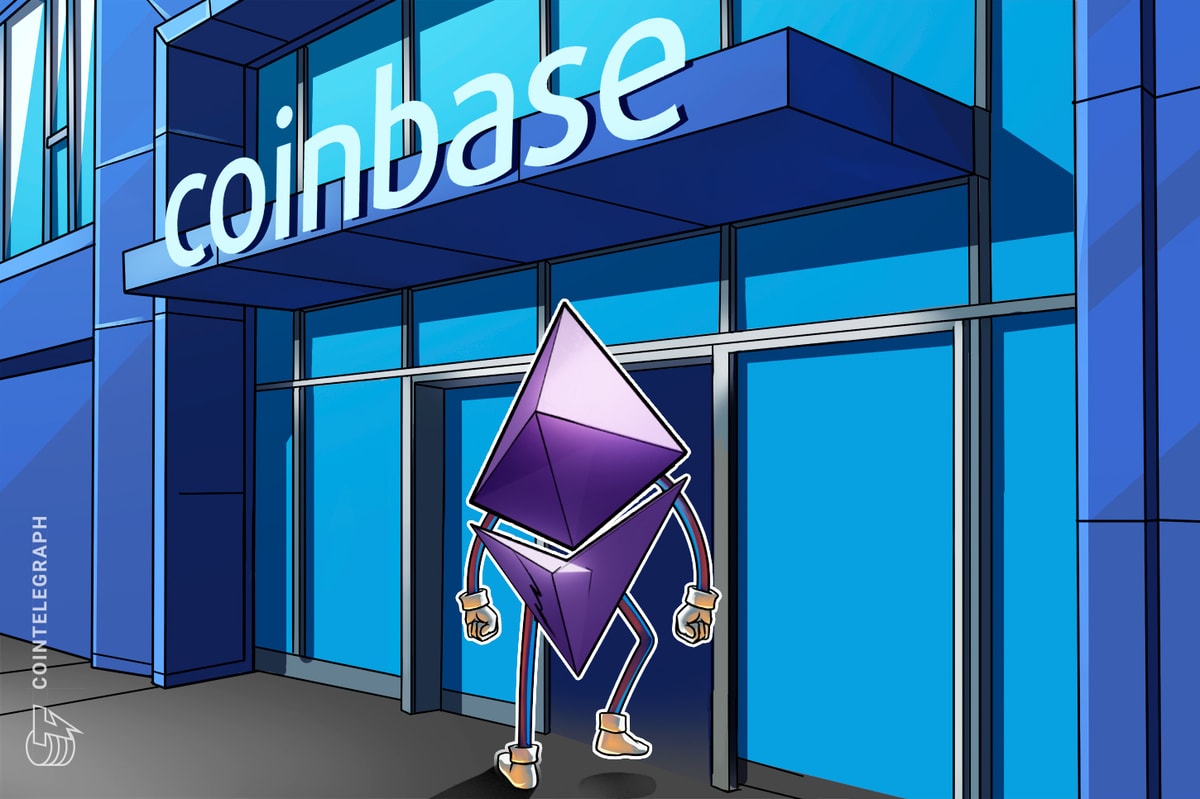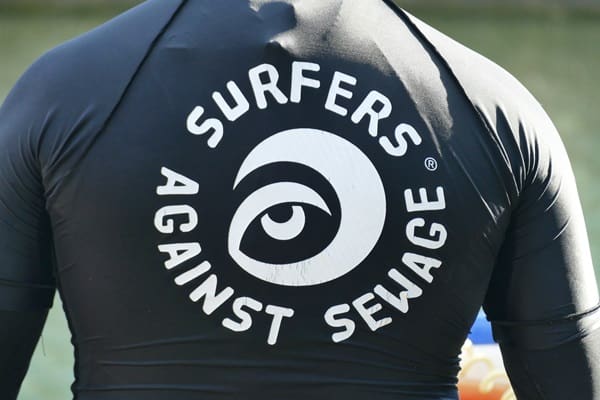The co-founders of privacy-focused Bitcoin wallet Samourai Wallet were sentenced to four and five years in prison Wednesday, setting an important precedent as privacy development makes a comeback in crypto.
Keonne Rodriguez and William Lonergan Hill were sentenced on Wednesday for conspiring to operate an unlicensed money-transmitting business and for facilitating transactions involving criminal proceeds, the US Department of Justice (DOJ) said. Prosecutors argued that Samourai’s CoinJoin mixing service helped conceal the movement of illicit funds, even though the wallet was fully non-custodial.
“The sentences the defendants received send a clear message that laundering known criminal proceeds—regardless of the technology used or whether the proceeds are in the form of fiat or cryptocurrency — will face serious consequences,” US Attorney Nicolas Roos said.
The sentencing follows their arrest in April 2024 and their release on a $1 million bond after pleading not guilty in late April of last year. In late July, the co-founders said they would change their plea to guilty ahead of the recent sentencing. The shuttering of Samourai also led to the development of an open-source alternative to Ashigaru in September 2024.
The control-based argument for money transmission
Despite never having control over the Bitcoin (BTC) being mixed, Samourai coordinated the mixing through its Whirlpool CoinJoin implementation, which the judge found sufficient to rule that it constituted a money transmission service. Court documents clearly noted that “all Whirlpool transactions are coordinated by Samourai’s server,” and broadcasting “Ricochet” transactions to the Bitcoin network.
Prosecutors said this amounted to transferring funds on behalf of customers without the licensing required by the Financial Crimes Enforcement Network (FinCEN).
Related: Chat Control stumbles again as EU retreats from mandatory scanning
Non-custodial is not enough, real decentralization is key
Similar to the Tornado Cash crypto mixer case, the arguments used in the prosecution of the Samourai Wallet co-founders demonstrate that complete decentralization is crucial for avoiding prosecution when implementing crypto privacy systems.
The DOJ pointed out that the co-founders “created the core features of Tornado Cash, paid for critical infrastructure to operate it, promoted the service, and made millions in profits.”
The DOJ also noted that the co-founders “chose not to implement Know Your Customer or Anti-Money Laundering programs as required by law” for money transmitting businesses. Still, this remains an active area of litigation, with the crypto community recognizing that it is in a constant battle with the state over what it feels is its right to privacy.
In October, Tornado Cash co-founder Roman Storm asked decentralized finance developers, “How can you be so sure you won’t be charged by the DOJ as a money service business for building a non-custodial protocol?” He argued that the DOJ could claim that any decentralized, non-custodial service should have been developed as a custodial service, since he was prosecuted for failing to implement centralized control measures.
Related: Privacy coins are not radical; surveillance money is
Both sides score points
In January, privacy advocates scored a win when a US court overturned the sanctions against Tornado Cash. The appeal read that the smart contracts employed by the protocol are not property, so they cannot be blocked under the International Emergency Economic Powers Act, and that the Office of Foreign Assets Control (OFAC) “overstepped its congressionally defined authority.”
US Judge Don Willett, who authored the opinion, said he recognizes “the real-world downsides of certain uncontrollable technology falling outside of OFAC’s sanctioning authority.” He said it’s up to Congress, not the courts, to address the issue:
“We decline the Department’s invitation to judicial lawmaking… Legislating is Congress’s job—and Congress’s alone.”
Just as in the Samourai Wallet case, Storm was found guilty only of conspiracy to operate an unlicensed money-transmitting business. Still, last month, he asked a US federal judge to acquit him of his sole conviction, arguing that prosecutors failed to prove he intended to help bad actors misuse the crypto mixer — a lack of willfulness that defense claims is necessary for the conviction.
In August comments, Acting Assistant Attorney General for the Justice Department’s Criminal Division, Matthew Galeotti, suggested that the department would pursue “even-handed enforcement of the law.” Without explicitly mentioning the Tornado Cash or Samourai Wallet cases, he hinted at a new direction in instances involving allegations of operating an unlicensed money-transmitter business.
“Our view is that merely writing code, without ill intent, is not a crime,” said Galeotti.
Magazine: Proton Mail exposing activist’s info showed the limits of encryption








